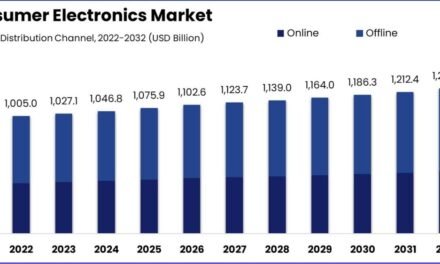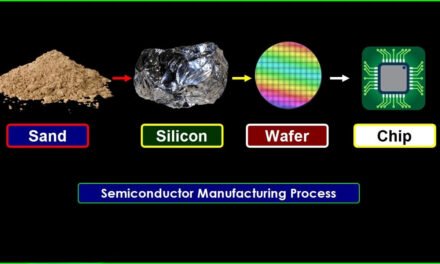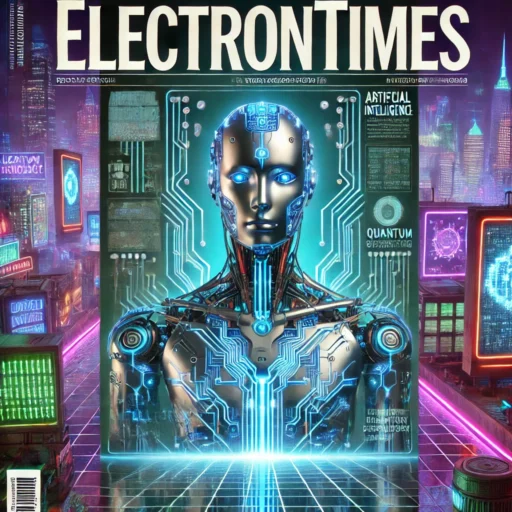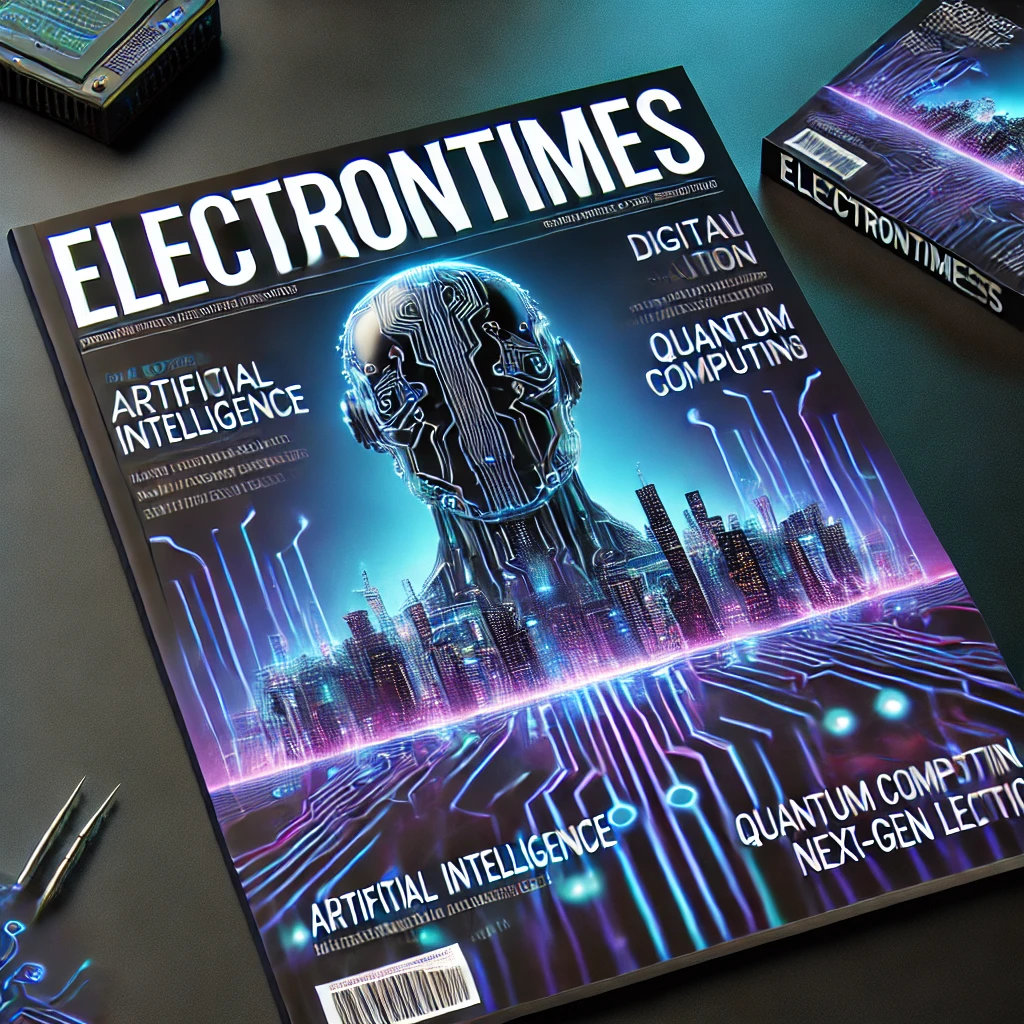Industrial electronics encompasses a wide range of applications, spanning many industries where electronic systems are used to control, monitor, automate, and optimize processes. Below are the major applications of industrial electronics:
1. Automation and Control Systems
Industrial electronics play a central role in automating processes and controlling machinery in various industrial environments. Key applications include:
- Programmable Logic Controllers (PLCs): Used to automate machinery and production lines. PLCs control processes like assembly, packaging, and robotic operations.
- Supervisory Control and Data Acquisition (SCADA) Systems: Monitor and control large-scale industrial processes, such as water treatment plants, power generation, and manufacturing.
- Distributed Control Systems (DCS): Used in continuous manufacturing environments (e.g., chemical plants, refineries) to control production and ensure process consistency.
- Human-Machine Interfaces (HMIs): Provide graphical interfaces for operators to monitor and control industrial systems, enhancing decision making.
2. Power Generation and Distribution
Industrial electronics are integral in the generation, distribution, and management of electrical power in industries:
- Transformers: Step up or step down voltage levels for efficient transmission and distribution of electricity.
- Circuit Breakers and Switchgear: Protect electrical circuits from overloads, faults, and short circuits. They are essential in power plants, substations, and industrial facilities.
- Uninterruptible Power Supplies (UPS): Provide backup power in case of power failure, ensuring that critical equipment remains operational in industries like healthcare and data centers.
- Variable Frequency Drives (VFDs): Control the speed of electric motors, improving energy efficiency and operational control in applications such as HVAC systems, pumps, and conveyors.
3. Manufacturing and Process Control
Industrial electronics enable precise monitoring and control in manufacturing environments:
- Robotics and Automation: Electronics control robotic arms, automated machinery, and CNC (Computer Numerical Control) machines used in production lines, improving speed, accuracy, and efficiency.
- Sensors and Actuators: Used for process monitoring (temperature, pressure, flow, etc.) and control in manufacturing processes such as injection molding, chemical mixing, and assembly.
- Data Acquisition Systems: Collect real-time data from machines and processes for analysis, optimization, and predictive maintenance.
- Control Systems for HVAC: Regulate temperature, humidity, and airflow in industrial environments, ensuring optimal working conditions and energy efficiency.
4. Renewable Energy Systems
Industrial electronics are crucial in integrating and managing renewable energy sources such as solar, wind, and hydropower into the grid:
- Solar Inverters: Convert DC power from solar panels into AC power for use in homes, businesses, and industries.
- Wind Turbine Controllers: Monitor and control the operation of wind turbines, adjusting the pitch of the blades and the speed of the generator to optimize energy production.
- Energy Storage Systems: Manage energy storage devices like batteries, ensuring efficient charging and discharging to balance supply and demand in renewable energy systems.
- Grid Integration: Devices that help connect renewable sources to the electrical grid, ensuring stability and compatibility between fluctuating energy sources and grid demands.
5. Telecommunications and Data Centers
Industrial electronics are key in the operation of communication systems and data centers:
- Telecommunication Systems: Components like amplifiers, transmitters, receivers, and routers are used to build communication networks for data transmission, broadcasting, and cellular systems.
- Fiber Optic Systems: Industrial electronics control the transmission of data over fiber optic cables, used in high-speed communications, internet services, and long-distance data transfer.
- Data Center Cooling Systems: Industrial electronics, including sensors and controllers, are used to manage the cooling of data centers, ensuring optimal operating conditions for servers and storage devices.
6. Industrial Instrumentation and Measurement
Monitoring and precise measurement of various physical variables are fundamental in industrial operations:
- Sensors: Measure temperature, pressure, humidity, flow, and vibration in processes such as chemical manufacturing, HVAC, and oil refining.
- Measurement and Control Instruments: Devices such as oscilloscopes, signal generators, and spectrum analyzers are used to test and maintain industrial equipment and ensure that they meet required standards.
- Calibration Systems: Ensure that industrial instruments and equipment are accurately measuring and controlling variables like temperature, pressure, and flow.
7. Electric Vehicles (EVs) and Charging Infrastructure
With the rise of electric vehicles, industrial electronics support EV manufacturing and charging infrastructure:
- EV Battery Management Systems (BMS): Monitor and control the performance of electric vehicle batteries, ensuring safety, efficiency, and longevity.
- EV Charging Stations: Industrial electronics are used in the design and operation of fast-charging infrastructure, ensuring proper power management, safety, and communication between the grid and the charging station.
8. Industrial Safety and Monitoring
Industrial electronics contribute to maintaining safety and reducing risks in hazardous environments:
- Gas and Chemical Detectors: Monitor the presence of toxic gases, chemicals, or pollutants in industries like oil and gas, chemicals, and pharmaceuticals.
- Explosion-Proof Systems: Used in industries where flammable materials are present (e.g., mining, petrochemical), these systems prevent electrical sparks from igniting hazardous substances.
- Fire and Smoke Detection: Electronics are employed in fire suppression systems, controlling alarms and firefighting mechanisms in case of fire.
9. Automation in Transport and Logistics
Electronics are used to enhance operations in transport, logistics, and warehousing:
- Automated Guided Vehicles (AGVs): Industrial robots or vehicles that transport materials or products around factories and warehouses.
- Smart Logistics: Sensors and tracking devices enable real-time tracking of goods, inventory management, and automated sorting in warehouses.
10. Medical and Healthcare Applications
Industrial electronics play a critical role in medical equipment and healthcare facilities:
- Medical Instrumentation: Electronics control diagnostic equipment, such as MRI machines, ECG monitors, and blood pressure monitors, ensuring accurate readings and reliability.
- Hospital Automation: Electronic systems manage lighting, HVAC, security, and patient monitoring systems within hospitals and clinics.
- Biomedical Sensors: Used to monitor physiological parameters such as heart rate, blood oxygen levels, and glucose concentrations.
11. Security and Surveillance
Industrial electronics are vital in safeguarding industrial sites and critical infrastructure:
- Surveillance Cameras: Used in monitoring manufacturing plants, warehouses, and infrastructure for safety and security.
- Access Control Systems: Industrial electronics manage security protocols for physical access to sensitive areas within factories and industrial sites.
12. Food and Beverage Industry
In the food and beverage sector, electronics are essential for production, safety, and quality control:
- Automated Production Lines: Electronics control machinery in food packaging, mixing, and bottling operations.
- Quality Control Sensors: Sensors measure factors like moisture content, temperature, and pH levels to ensure product quality and safety.
- Traceability and Compliance: Electronic systems ensure that food products are properly tracked, stored, and meet regulatory standards.
Conclusion
Industrial electronics are integral to a wide variety of industries, offering solutions for automation, power management, safety, monitoring, and process control. These systems help enhance productivity, efficiency, and safety in manufacturing, energy, telecommunications, healthcare, transportation, and many other sectors, making them indispensable in modern industrial environments.
Hashtags
#IndustrialRobotics #RoboticAutomation #RobotManufacturing #RoboticsInIndustry #AutomationInRobotics #IndustrialRobotApplications #CollaborativeRobots #RoboticSystems #PrecisionRobotics #RobotsForManufacturing #PowerandEnergySystems #PowerDistribution #EnergyManagement #IndustrialPowerSystems #ElectricalPowerControl #RenewableEnergySystems #EnergyEfficiency #PowerGridSystems #EnergyGeneration #SmartPowerSystems #IndustrialEnergyControl #MotorControlandDrives #MotorControl #VariableSpeedDrives #IndustrialMotorSystems #MotorDriveTechnology #ACDCDrives #ElectromechanicalSystems #MotorEfficiency #IndustrialMotors #MotorProtection #VariableFrequencyDrive #ProcessControlSystems #ProcessControl














